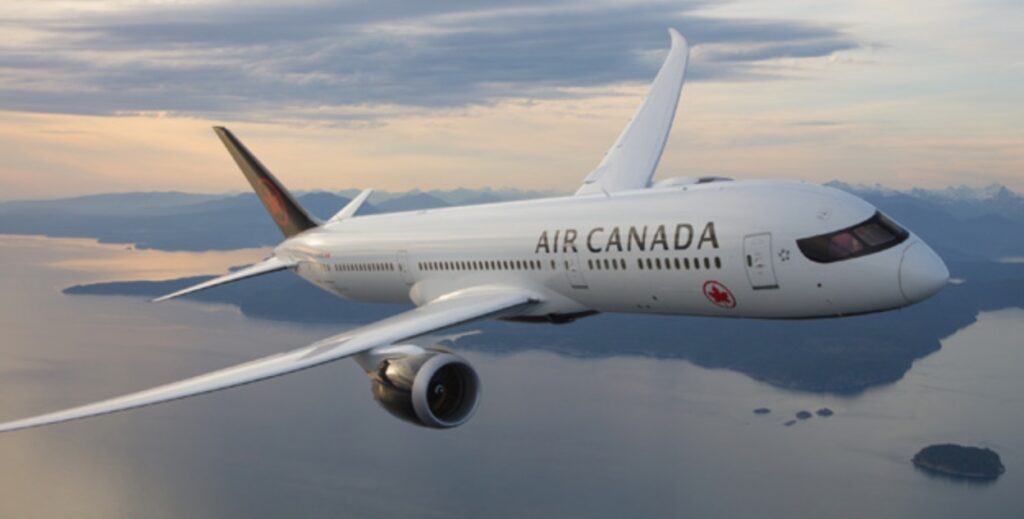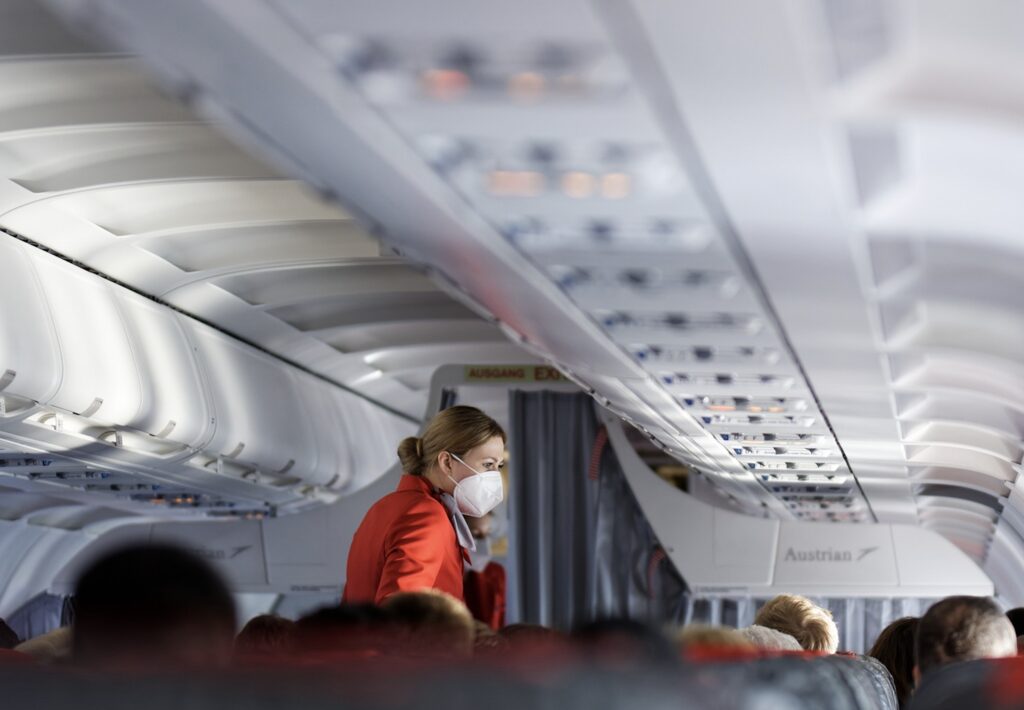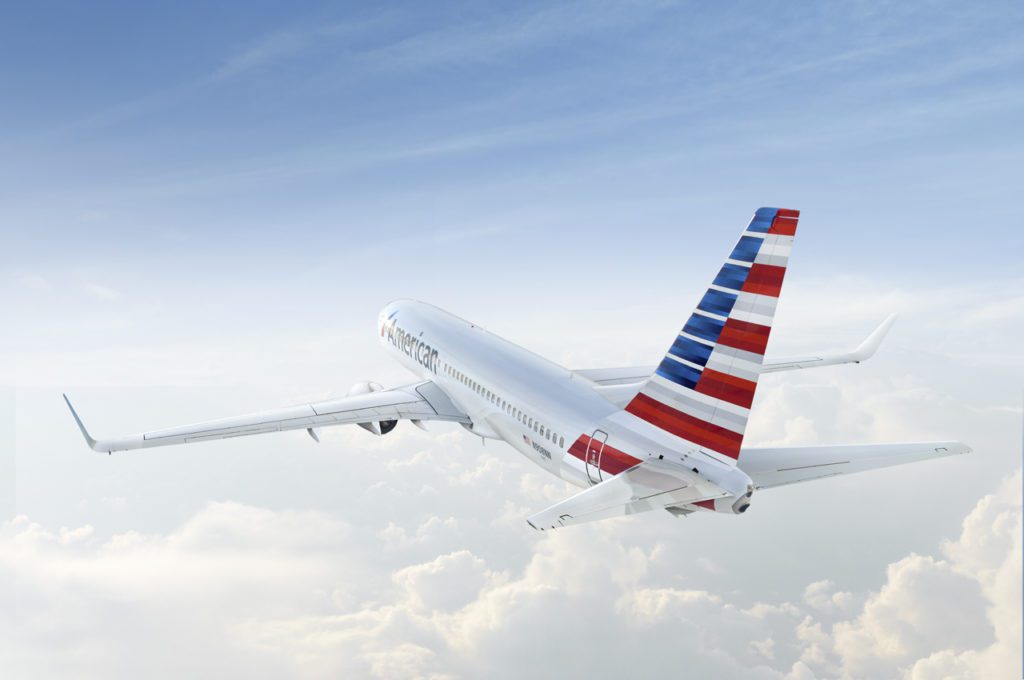I really enjoy traveling, but I wouldn’t say I’m quite as much of a road warrior as some. Since I’ve never really traveled much for work, my travel is limited to leisure travel and occasional work trips. Still, I think of myself as a generally observant person, so I’ve noticed what I think of as secret code words on an airplane or at the airport. Some of these may have meanings that seem obvious, and others may be pretty obvious once you hear the meaning, but others might surprise you. I had heard of a couple of these secret airplane code words, but when I was researching for this post, I found a few more airplane secret words that I hadn’t thought of before.

Here are a few secret codes that flight attendants, pilots and other airline personnel use:
Miracle Flight
Sometimes used by flight attendants to denote the fact that there often are more passengers that require wheelchair assistance to board a flight (when it gets them on earlier) than there are to deplane (when they would have to wait for all of the other passengers)
Equipment Change
Equipment sounds like it’s maybe no big deal, right? Wrong – in airplane terminology, the “equipment” is the whole plane. An equipment change from a Boeing 787 to a Boeing 747 means get ready for all of your carefully chosen seat assignments to get messed up.
Last-Minute Paperwork
When you hear your pilot say he’s “completing some last-minute paperwork”, it usually means you are about to take off. There is quite a bit of paperwork that has to be filled out in order for a flight to be cleared to take off. Of course, depending on your pilot, it may also be a little white lie because something else is going on and they don’t want to give you the details 🙂

Ground Stop
A ground stop is usually issued by the FAA, air traffic control or other governing body, and puts all planes in a particular area on the ground. This could be for an airport, a small area or even more. A ground stop might be ordered to not allow any new aircraft to take off or even to force all aircraft currently in the air to land. One extreme example is that the FAA ordered a nationwide ground stop during 9/11.
Air Pocket
An air pocket is just pilot-speak for turbulence, like “We’re going to experience some air pockets, so I’m turning on the fasten seatbelts sign”.
Bulkhead
The bulkhead usually refers to the first row of a cabin (or of the plane itself). Since there is no seat in front of it, you can’t store your personal item underneath the seat in front of you. So if you are sitting in the bulkhead, you may have a little bit more leg room, but you’ll have to store your personal item in an overhead bin.
Deadhead
Although they might sound the same, a bulkhead and a deadhead have nothing in common. Someone that is deadheading is an airline employee who is repositioning to another airport, usually to start or end their shift. It is not uncommon for airline employees to deadhead on another airline even, depending on the situation.
All Call
“Cabin Crew, All Call” – this is just a secret airplane code word that either the pilot or one of the flight attendants wants all crew to pick up the nearest phone / radio, so they can make an announcement. They want to CALL… ALL… the airplane staff. This is commonly heard right before takeoff
Cross check
“Flight attendants, doors to arrival, crosscheck and stand by for all-call.” – this is another commonly heard phrase over the intercom. Setting “doors to arrival” makes sure that the emergency slides are not set off when the crew opens the door at the gate. Crosscheck simply means to give an added level of security by checking another flight attendant’s work.
Disarm Doors
“Disarm Doors” is something you might hear instead of “doors to arrival”, depending on what airline you’re flying. It basically means the same thing – during flight, the airplane doors are armed so if you try to open one, an alarm will go off. Obviously nobody wants an alarm to go off when the flight attendants open the door after you arrive at the gate, so the doors must be disarmed first.

Flight Level 380
You might hear a pilot mention that you are “flying at flight level 380”. This is just a measure of altitude that pilots and flight crew use. You can multiple the flight level by 100 to find the altitude in feet. So flight level 380 is equivalent to 38,000 feet.
Final Approach
Another phrase you might hear from your pilot is that you are on “final approach”. This just signifies that you are getting close to landing at your final destination. Airports have a specific pattern for how planes take off and land – you can’t just land at an airport from any direction you want. The final approach is when a landing aircraft lines up with the runway in order to safely land.
Holding Pattern
Along the same lines, a holding pattern also refers to traffic around an airport. Sometimes, due to weather, congestion or other factors, air traffic control instructs a plane to not land at its destination, even though it’s already there. So it enters into a holding pattern, which usually means it just goes around in a circle. Sometimes it will even circle multiple times until it is cleared to land. You can sometimes see evidences of holding patterns if you are tracking your aircraft on FlightAware.
(SEE ALSO: FlightAware – The #1 trick to tell if your flight is going to be delayed)

Image source: American Airlines.
The Bottom Line
If you’re like me, you might have wondered what some of these secret flight attendant phrases meant – hopefully this has cleared it up for you. You might have known some of these already, or maybe you’re a super-traveler who already knew all of these. In either case, next time you fly, you can rest assured that you have a bit more knowledge than you did the day before.
What are some of your secret code words on an airplane or other traveling “code” words that you’ve heard? Leave your best ones in the comments below
Points With a Crew has partnered with CardRatings for our coverage of credit card products. Points With a Crew and CardRatings may receive a commission from card issuers. Responses are not provided or commissioned by the bank advertiser. Some or all of the card offers that appear on the website are from advertisers and that compensation may impact on how and where card products appear on the site. Any opinions expressed in this post are my own, and have not been reviewed, approved, or endorsed by my advertising partners and I do not include all card companies, or all available card offers. Terms apply to American Express benefits and offers and other offers and benefits listed on this page. Other links on this page may also pay me a commission - as always, thanks for your support if you use them
User Generated Content Disclosure: Points With a Crew encourages constructive discussions, comments, and questions. Responses are not provided by or commissioned by any bank advertisers. These responses have not been reviewed, approved, or endorsed by the bank advertiser. It is not the responsibility of the bank advertiser to respond to comments.


 Dan Miller travels with his wife and 6 (SIX!) children. He loves to help families travel for free / cheap, especially larger families. If you are looking for help, drop him an email at
Dan Miller travels with his wife and 6 (SIX!) children. He loves to help families travel for free / cheap, especially larger families. If you are looking for help, drop him an email at 
Love the miracle flight. I would imagine southwest experiences a lot of those!
Can’t be much of a secret when all the BA bloggers recycle this totally inane post every few weeks or so…
Flight Level is close to a certain altitude but can be even a couple thousand higher or lower than the “flight level “ they might state. IE: Flight Level 380 could be somewhere between 36,000’ to 40,000’ actual feet.
More precisely, flight level is what the altimeter reads (in hundreds of feet, rounded to the nearest whole number) with the altimeter set to “standard pressure”, 29.92 in Hg = 760 mm Hg = 1013.25 hPa. So flight level 380 means the altimeter reads 38,000 feet when set to standard pressure.
Aircraft altimeters are set to reflect current local atmospheric pressure when near an airport, so that they show true altitude. They’re set to standard pressure in cruise so that aircraft don’t have to keep resetting for local variations and all share a common base to help ensure safe separation.
People who board in wheelchairs or who need “extra time” on the jetway, should be identified by seat number and prevented from deplaning until everyone else is off.
I came to see if anyone else commented on recycled non-secrets, and I was not disappointed.
Disarm us not for an alarm!! It is not to deploy the escape slide!!
“All available cashiers to the front please!”
Secret code words at Kroger for; we are really busy.